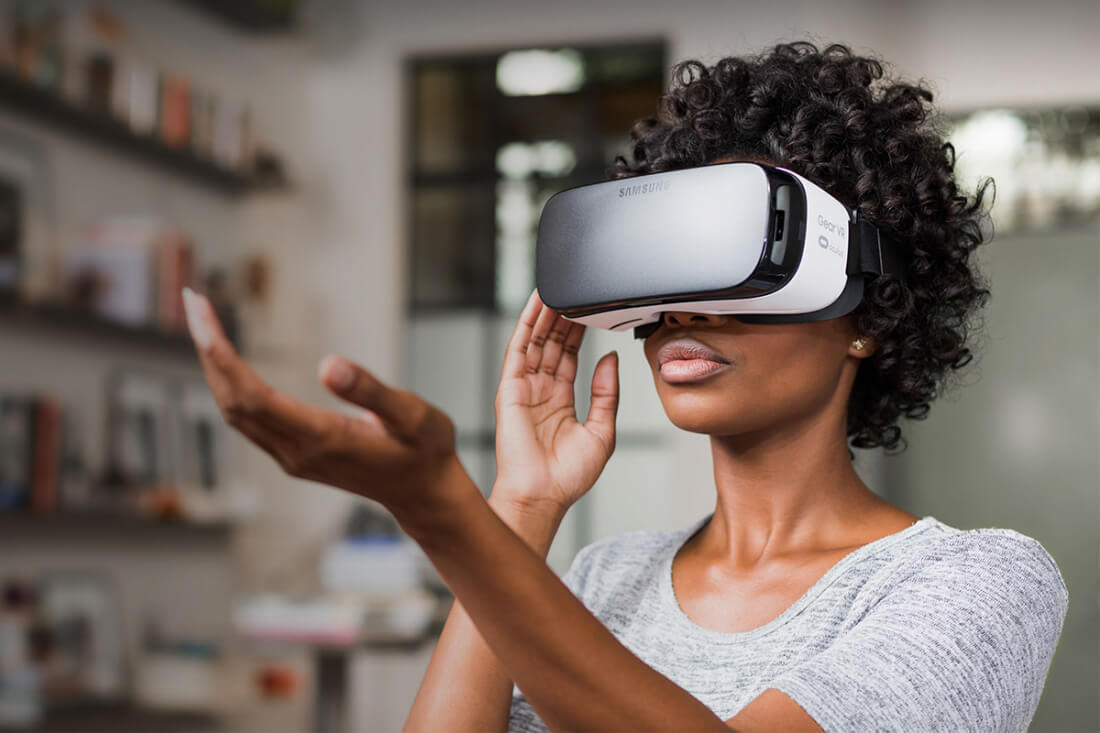In context: Remember when phone-based VR systems looked set to become the next big thing in tech? It's an area that's cooled in the last year or so, as highlighted by the fact that the recently revealed Samsung Galaxy Note 10 isn't compatible with the company's Gear VR headset.
In addition to dropping the headphone jack---one of the last companies to do so---it seems Samsung is distancing itself from its Gear VR headset, which hasn't seen any updates since 2017. The device wasn't even mentioned during yesterday's Unpacked event.
The Gear VR seemed quite innovative at the time, allowing a better VR experience than Google Cardboard without having to buy an expensive PC-powered headset. But the initial novelty quickly wore off---I sold mine after a few months---especially with problems such as battery drain, poor graphical fidelity, overheating, and general discomfort.
It appears that many consumers have lost interest in phone VR as a whole, with Google announcing that its budget Pixel 3a line wouldn't support its Daydream VR platform. Additionally, all Galaxy S10 phones and the Galaxy Note 9 require an adapter to work with the Gear VR. The headset does have a product page on Samsung's site, but it doesn't appear available for purchase, and the most recent review is from nine months ago.
While Samsung hasn't officially announced the Note 10's incompatibility with the Gear VR, Moor Insights & Strategy analyst Anshel Sag says the company did confirm to him that the two devices don't work together. It's unclear if Samsung will provide an adapter as it has done in the past, but don't hold your breath.
I just got confirmation from @Samsung. No version of the #Note10 is compatible with the GearVR. Not a huge loss tbh. Standalone is where it's at. #VR
--- Anshel Sag (@anshelsag) August 7, 2019
It looks as if the future of non-PC-powered VR devices are the standalone varieties such as the Oculus Quest, Vive Focus Plus, and Lenovo Mirage Solo.
